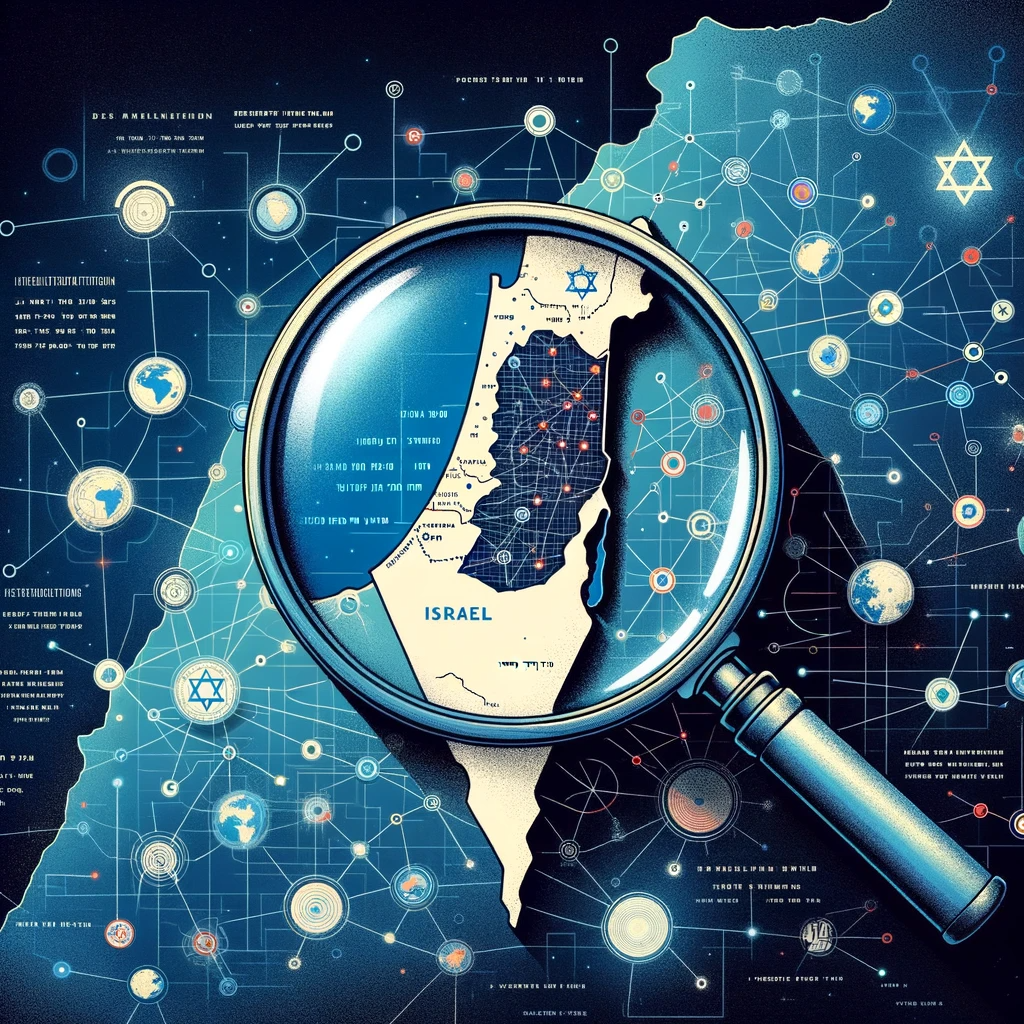
The unfolding humanitarian crisis due to the Israel-Gaza conflict has resonated within the scientific community, impacting some academic biologists’ careers due to their online remarks. This situation is sparking discussions around freedom of speech and thought—fundamental principles in science. On October 7, Hamas orchestrated a surprise attack in Israel, causing significant casualties. Israel retaliated with air strikes on Gaza, increasing the death toll. Despite being a small nation, Israel’s significant contributions to science and medicine, especially in biotech startups and COVID-19 vaccine trials, are noteworthy. Among the notable figures is Jacob Hanna, an Israeli stem-cell expert with Palestinian roots, whose remarks on the conflict stirred controversy within the academic community.
Hanna’s public outcry against the occupation and siege faced backlash from some peers questioning his stance on Hamas and suggesting he relocate to Gaza. The responses were deemed “racist and condescending” by Hanna, who clarified his opposition to violence from all sides. However, the pressure led Hanna to retract his political statements from his feed to avoid further confrontations. In the US, there’s a push from certain quarters for academic institutions to unequivocally condemn Hamas’s actions, impacting institutional statements and sparking debates around freedom of speech. Internationally, political tensions are also affecting academic exchanges, as seen in the exclusion of certain attendees in a recent scientific meeting due to the geopolitical unrest between Russia and Ukraine.
The unfolding conflict is not only causing human suffering but is also resonating through the global scientific community, challenging the freedom of discourse, and potentially affecting international collaborations. The situation is a reminder of the complex interplay between geopolitical events and the global scientific endeavor.



